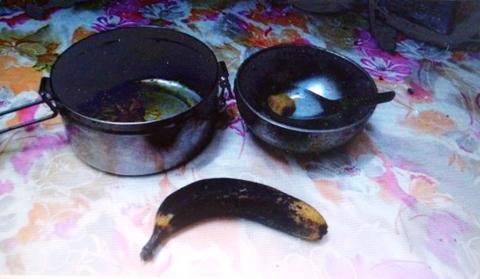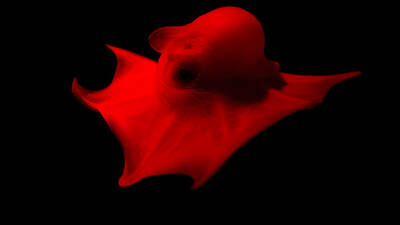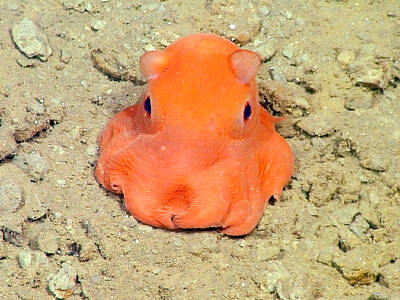A parent posted an article on “MiaoliAny,” a Facebook group, saying that black bananas had astoundingly been included in a school meal. The parent threatened to send the Miaoli County commissioner an express delivery of black bananas if they showed up in lunch boxes again. However, after the county’s department of education and the school in question looked into the matter, it was found to be just a muddle. A child did not eat his banana at lunchtime and put it in a steel lunch box for several hours before taking it home. Consequently, the banana peel turned black.
The article sparked discussions among netizens, but the author has since deleted it. Several people said they also had similar experiences, in which peels of uneaten bananas at home turned black, but the pulp usually remained tasty, and so it should not be a big problem. “It is just a mistake,” said the netizens.
(Liberty Times, translated by Ethan Zhan)
一名家長在網路社團「苗栗大小事」發文指出,學校的營養午餐居然發放黑香蕉,並嗆說,如果有下一次,會叫校長寄快遞給縣長。不過,縣府教育處和學校一查,原來是一場烏龍,是小朋友將中午沒吃的香蕉,用鐵便當盒裝起來,悶在裡面數小時帶回家,導致香蕉皮變黑。

Photo: screen grab from the MiaoliAny facebook group
照片:翻攝自「苗栗大小事」臉書社團
文章一出,引起不少網友討論,但如今發文者已將文章刪除。不少民眾說,其實家裡都有香蕉放到皮變黑的經驗,但是果肉通常都很可口,應該不是問題,直呼:「誤會一場吧!」。
(自由時報記者蔡政?)

The deep waters off the coast of California are home to a bizarre creature: the flapjack octopus. This creature, known for its pancake-like appearance, spreads itself thin on the seabed as a clever survival strategy, making it difficult for predators to spot and capture it. With its unique, umbrella-shaped body formed by webbed arms, the flapjack octopus moves through the water in a graceful manner. It propels itself forward by rhythmically moving its body and contracting its webbed arms. Its pair of ear-like fins, which move independently yet with remarkable coordination, also help it explore the deep-sea environment. These

Bilingual Story is a fictionalized account. 雙語故事部分內容純屬虛構。 I stand by the Miluo River as dusk falls. The court betrayal is too much. I served Chu with loyalty. I forged alliances and fought corruption. But the whispers of jealous courtiers, the murmurs of treason, spoke louder. The king cast me out. The water looks calm. It promises peace. I step in. The river is cold against my legs. I hear shouts behind me — fishermen calling my name. I keep walking. The calls grow louder, but I do not turn around. The water rises to my chest. It pulls at me. I

In Taiwan, people can use a platform to rent a power washer for a weekend or share unused garage space for someone’s storage needs. These are examples of the sharing economy, a consumption model that has gained widespread adoption worldwide. This approach allows people to rent or share assets like cars, homes or even services, typically through online platforms. This innovative model poses a simple yet powerful question: why purchase infrequently used items when sharing is more practical? By making useful but idle resources accessible, the sharing economy turns them into sustainable opportunities. Internationally, platforms like Airbnb and Uber have popularized

Continued from yesterday(延續自昨日) https://www.taipeitimes.com/News/lang Many people may be familiar with flapjack octopuses thanks to Pearl, a charming character from the Pixar film Finding Nemo. However, her portrayal presents several scientific inaccuracies. In reality, flapjack octopuses are deep-sea creatures, which are unsuitable for the brightly lit shallow reef environment depicted in the film. Their primary defense mechanism relies on their reddish coloration, which would be ineffective in the well-lit shallows. Pearl’s famous line, “You guys made me ink,” is another fictional detail that is not consistent with the observed actions of real flapjack octopuses. As common as it is in many other octopus